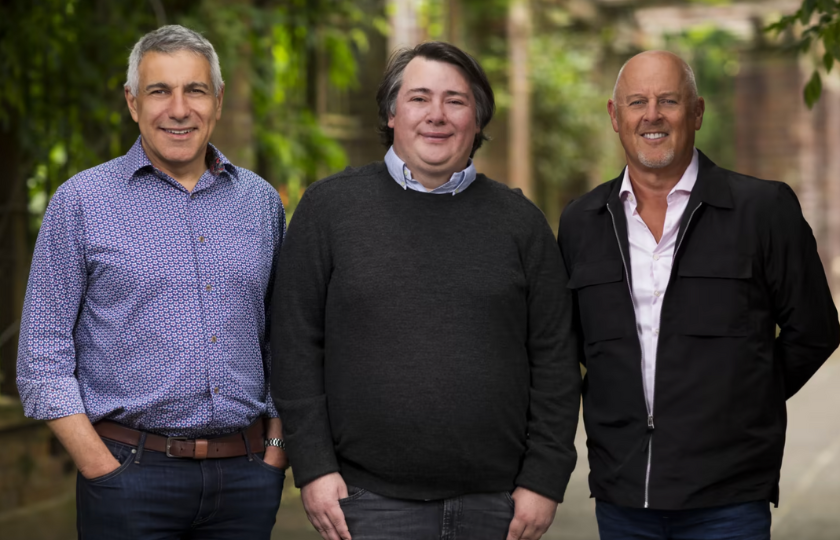Opening an average website on the internet produces almost two grams of C02 per page view, with 4 billion kilograms of CO2 emitted from power generation to sustain tech use in New Zealand yearly.
A new Kiwi sustainable internet service provider, Zeronet, is offering fibre broadband with an added initiative to offset carbon emissions, including planting five trees in the country for every new customer that signs up for its service.
The startup was established by three Kiwi entrepreneurs: Karim Hussona, Paul Carter, and David Spicer, who say they want to offer Kiwis the option to “surf the web sustainably”.

“The traditional method for organisations to attain carbon-neutral status is by purchasing carbon credits to offset their emissions,” explained Hussona. “We go further by investing directly in projects that sequester carbon and offset our emissions.”
Viable.Earth interviewed Nicholas Keegan, GM at Zeronet, to discuss how the business operates as a carbon-neutral company.
How do you operate as a carbon-neutral sustainable internet company?
Zeronet has robust measures in place to ensure all carbon emissions created by the business are offset. Zeronet will plant five trees, including native trees, for every new customer that signs up, plus additional trees will be planted along the customer journey to ensure all carbon emissions created by Zeronet are offset. In addition, Zeronet offices and infrastructure are solar-powered, and its network allows customers to reuse old routers to cut down on e-waste and carbon emissions.
You mentioned sequestering carbon; how will you do this aside from tree planting?
Not only do we estimate we will plant more than 200,000 trees during the next five years, but through our sister company Rahiko, we have installed large-scale solar arrays that are the first to be certified by NZECS to generate renewable energy certificates.
You mentioned planting five trees for every new customer that signs up. Will you plant more trees if they renew after a year or two years?
Five trees will be planted for each new customer, but we’ll also give customers the option in the next few months to have us plant additional trees on their behalf instead of claiming discounts on their monthly charges. Other than this, we won’t plant new trees every year for the same customer, but it’s good to remember that the older trees get, the more carbon they can store – so those five trees become more and more effective every year for quite a few decades.
How are you working towards net zero with the local Envirocare organisation Toitū? What projects or initiatives will you partake in to reach this?
Zeronet is working with Toitū to secure its carbon-zero certification; the local organisation helps businesses realise efficiencies, reduce their carbon footprint and be more sustainable. Companies need to be operating sustainability and, according to Toitū’s benchmarks, for one year before they can garner their ‘carbon-zero’ certificate. Zeronet is working towards achieving its ‘carbon zero’ certification on its first birthday through our robust, sustainable measures, such as being completely solar-powered and offsetting our emissions by planting trees.
Where do you plan to plant trees, and what kinds of trees will you grow?
All trees will be planted in New Zealand on land owned by our sister company Rahiko. Trees planted will be a mix of fast-growing pine trees and many types of native trees – which are slower growing, but are the natural habitat for many native birds and insects.
Where did you get your data that an average page view is 2g of CO2
This is a commonly-used estimate found in many places online – which Wired Magazine believes is roughly accurate. It’s also often reported as 1.76 grams, which we’ve rounded to the closest gram for simplicity’s sake. However, it’s very much an estimate, as some web pages are very data heavy (and therefore require more electricity to load), and some are much lighter (and therefore take much less electricity for each load).
How will you ensure that the internet service provided equals the kb/s spent by each user to reach net zero?
All we need to know is the total carbon emissions Zeronet is responsible for in its operation every year (which are part of the scope 1 and 2 emissions that we are targeting in our net-zero strategy). We then offset these emissions with trees we own or plant.
Zeronet sustainable internet packages start at NZ$59.99 per month and the company will plant five trees for every new customer that signs up.



